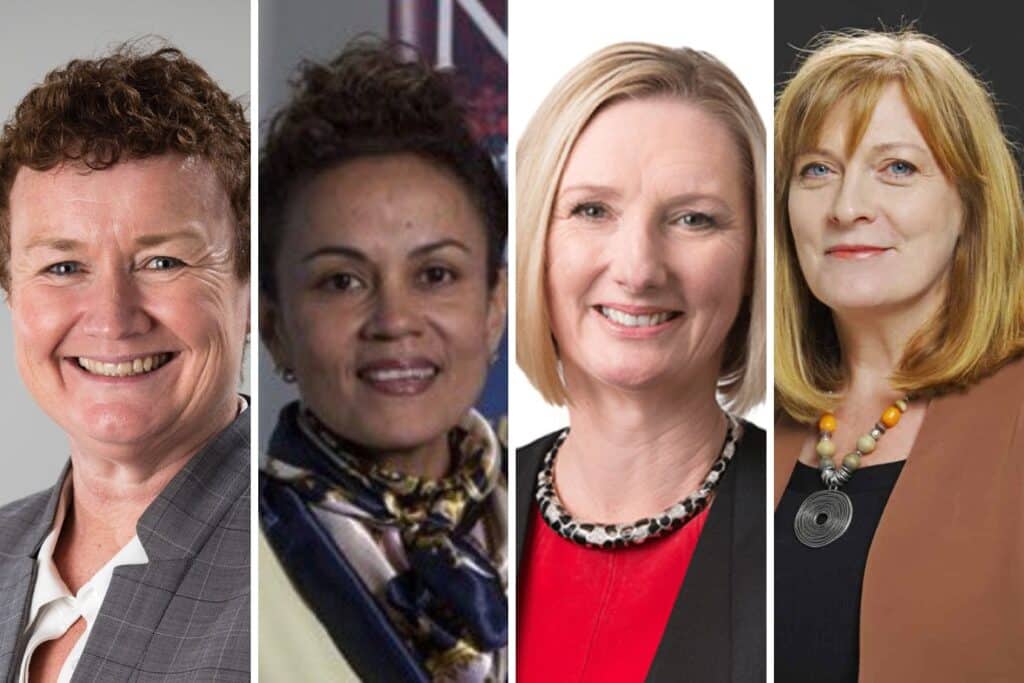Advocacy organisations have criticised the government’s well-intended but “modest” budget for 2024-25 unveiled in Canberra last night.
While the Albanese government has branded the 2024-25 budget as one that “works for women”, advocacy organisations like Chief Executive Women, the Australian Council of Social Services, UNICEF and more aren’t so sure.
All have welcomed the investments from the Albanese government in women’s safety, women’s economic security and the care sector, as well other investments that are set to benefit women the most.
But there remain challenges that have been unmet by this year’s federal budget, concerning many advocates across a range of sectors. Here’s what they have to say.
Chief Executive Women
Chief Executive Women (CEW) has spent years calling for intentional investment in gender equality in Australia. While President Susan Lloyd-Hurwitz welcomes the commitments in paid parental leave, the care economy and more, she said this budget does not go far enough.
“We know that working women are significantly overrepresented in the care sector, and we also know there are skills shortages in many areas like aged care and early childhood education. The latest budget measures will go some way to improving economic security for women and attract more people to these essential professions,” Lloyd-Hurwitz said.
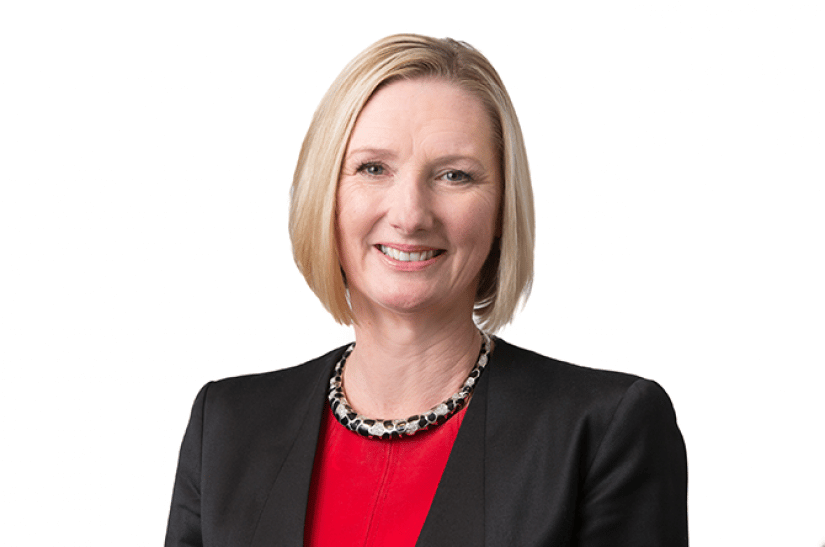
The CEW President noted several recommendations that were not acted upon in this year’s budget, including removing the Child Care Subsidy Activity Test, increasing welfare payments, and providing better investment in frontline workers for women’s safety
“We strongly urge the government to make these priorities for future policy and budget,” Lloyd-Hurwitz said.
ACOSS: ‘A hole in its heart’
The Australian Council of Social Services (ACOSS) welcomed the government’s investments in Services Australia – including the “very modest” Commonwealth Rent Assistance worth $9.40 a week for a single person, the Remote Jobs Program, the $300 energy rebate, and more.
But ACOSS criticised the “gaping hole at the heart of this budget”, stopping the government from taking bold action on serious social issues in Australia.
“This is a budget that has diagnosed the right problems but has failed to deliver the solutions we need,” ACOSS said.
One of the biggest issues ACOSS identified is the decision not to increase JobSeeker and Youth Allowance, something that more than 200 prominent women leaders called for last week.
“This budget will deliver eyewatering tax cuts to the wealthiest people in the country and, at the same time, it cruelly denies the increase in income support that over one million people struggling to survive on JobSeeker and Youth Allowance desperately need,” ACOSS said.
NACCHO: ‘Closing the funding gap’
While there is some cause to celebrate for the government’s investment in Aboriginal and Torres Strait Islander health, Chair of the National Aboriginal Community Controlled Health Organisation (NACCHO) Donnella Mills said the main challenge is “closing the funding gap”.
“The prelude to this Budget has been dominated by the mainstream and economic concerns,” Mills said.
“We understand that the Government is concerned with cost-of-living pressures, affordable housing, and domestic violence. We support all efforts in this regard.
“But we also acknowledge that it contains some important measures that will assist Aboriginal and Torres Strait islander people and bring valuable relief to our sector.”
Suicide prevention, mental health support, and community-led distribution of menstrual products in regional and remote First Nations communities have received investment from the budget, a “critical first step after the failed Referendum last year”, Mills said.
“The Government needs to get a positive dialogue happening in the wake of all the misinformation and hostility that we lived through. The best way of doing that is to invest in our communities and fund the responsibly costed package of proposals that NACCHO puts forward each year.”
CEO of NACCHO, Dr Dawn Casey, said there is a $4.4 billion health funding gap for First Nations people every year, which is exacerbating health gaps even more so.
“Why should Aboriginal and Torres Strait Islander people expect to live lives 8-9 years less than other Australians?” Dr Casey said.
“We have a simple challenge to work through with the Government: let’s agree on a plan to close the funding gap, if we are ever to close the health gap.”
No To Violence: ‘A fragmented approach’
Last month, the government announced an investment of $925.2 million over five years to make permanent the Leaving Violence Program, designed to support victim-survivors to leave an abusive relationship.
Phillip Ripper, CEO of No to Violence, applauded the government’s acknowledgement of men’s violence against women, but was disappointed in the lack of investment in front line services from the budget.
“Tonight the Government highlighted the number of women dying as a result of men’s violence and in recent weeks the Prime Minister and Attorney-General have both emphasised the crucial need to address men’s violence,” Ripper said.
“But right now we have a fragmented approach to this, and this is reflected in this Budget. We desperately need a commitment to developing a comprehensive National Perpetration Strategy that ensures a co-ordinated national approach to ending men’s use of family violence.”
Women’s Legal Services Australia: ‘A step backwards’
Women’s Legal Services Australia is one such organisation that will suffer as a result of the lack of investment in frontline services for women’s safety. Elena Rosenman, the Chair of Women’s Legal Services Australia, described it as a “step backwards” for the female-dominated workforce of the community legal sector.
“This Budget means many women’s legal services will have to start planning to reduce services to women experiencing gender-based violence. This includes legal assistance for women separating from violent partners, specialist Domestic Violence Units, Health Justice Partnerships and sexual harassment legal services,” Rosenman said.
“We are deeply concerned that the Albanese Government has completely overlooked the critical work of women’s legal services. We are already forced to turn away over 52,000 women every year due to lack of adequate resources.
“If we are asking Australian women to trust that the system will be there for them when they flee a violent relationship, we must ensure they can access the trauma-informed, integrated legal services they need.
“The solicitors, social workers, First Nations caseworkers, and financial counsellors who work in frontline women’s legal services are exposed to significant trauma. They deserve to be paid appropriately for their contribution to our community.”
People with Disability: ‘Completely invisible’
President of peak disability body People with Disability Australia (PWDA) Marayke Jonkers said women with disability who experience violence were “completely invisible” in the federal budget.
“There’s nothing that recognises the unique forms of violence experienced by women with disability or prioritises accessible and targeted responses to end the violence we endure at twice the rate,” Jonkers said.
“The gaps in the Leaving Violence Program for women with disability is emblematic of this.”
On the whole, Jonkers said the organisation missed an opportunity to implement recommendations made by the Disability Royal Commission to better support people with disability.
“People with disability are tired of incremental change. We need a total overhaul of housing, education, health and the systems we rely on for support and to fully participate in the community,” she said.
UNICEF: ‘A missed opportunity’
The government announced a number of measures to ease the cost of living pressures facing women in Australia, including the changes to the Stage Three tax cuts, the payment of superannuation on Commonwealth-funded paid parental leave and reforms to indexation on HECS-HELP student debts.
But UNICEF Australia Chief Advocate for Children, Nicole Breeze, said the budget does little to alleviate the problem, one that pushes one in six Australian children into poverty.
“Unfortunately, this Budget is a missed opportunity to tackle poverty and to support children and young people in low-income families who are struggling to keep up with the cost-of-living crisis,” Breeze said.
“It’s disappointing that there were no increases to Job Seeker or Youth Allowance, which are forms of income support that are being undermined by cost-of-living pressures and would have really helped vulnerable families.
“There’s a lot more that could be done to help parents who are on the lowest incomes, and we would urge the Treasurer and the Government to look at ways they can increase social protection – both in monetary and non-monetary forms for children and their families.”
The Parenthood
The budget has invested in funding a wage increase for early childhood educators, which Georgie Dent, CEO of The Parenthood, said is critical for the care sector, especially for women, who make up 97 per cent of the early childhood care workforce.
“Early childhood educators have been chronically underpaid and undervalued for too long and have been leaving in accelerating numbers because they cannot afford to stay and they can earn more working in retail,” Dent said. “There is no early childhood education and care without educators.”
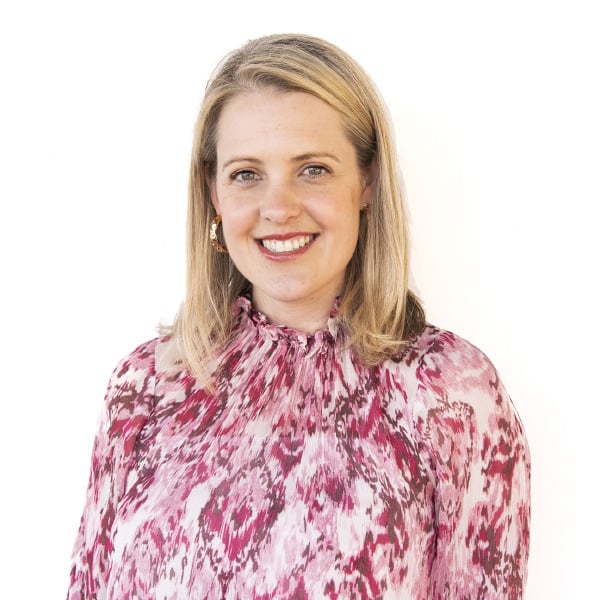
But Dent is “disappointed” that the government failed to enact calls to remove the Child Care Subsidy Activity Test, which she describes as an eligibility system that “traps an estimated 40,000 women out of the workforce”.
“We will continue to advocate for its removal,” Dent said.
Early Childhood Australia
The announcement for wage increases for early childhood educators was also a welcomed announcement for Early Childhood Australia (ECA), but there were some areas that disappointed CEO Samantha Page.
“Sector leaders have come together in good faith to chart a pathway for wage increases, and it is promising to have a firm commitment from the Government. We look forward to this progressing as quickly as possible,” Page said.
“ECA is disappointed that despite strong sector support and multiple reports criticising its regressive impact, the Government has instead chosen to wait until after receiving the Productivity Commission’s Inquiry into Universal Early Childhood Education and Care before deciding on equity reforms.”
Page said her organisation also welcomes – while “recognising that longer term program reform is needed” – the $98.4 million allocated for the Inclusion Support Program, which aims to champion inclusion for children with additional needs and improve support in the early childhood education and care services.
“ECA also welcomes much needed investment in closing the gap measures across the education and workforce portfolios, including funding for SNAICC, an interim Commissioner for Aboriginal and Torres Strait Islander children, as well as initiatives to support First Nations Teachers and culturally responsive practice,” Page said.
Super Members Council: ‘Watershed reform’
One of the biggest wins to come from the budget for women is the payment of superannuation of paid parental leave (PPL).
Though it wasn’t a new announcement, CEO of Super Members Council Misha Schubert celebrated the “watershed reform”, which will boost the savings of a mother-of-two by approximately $14,500 by retirement.
“The historic announcement to pay super on parental leave takes Australia another major stride closer to ending the financial motherhood penalty many women face when they have children,” Schubert said.
“It’s a watershed reform that will powerfully strengthen retirement savings for Australian mums and help to narrow the gender gap at retirement.”
Australian College of Nursing
A few weeks ago, the government unveiled its plan to support university students, particularly those studying teaching, nursing and social work, who as of next year will receive $319.50 a week during their mandatory placements.
The Australian College of Nursing Interim CEO, Emeritus Professor Leanne Boyd, said this move is a sign of respect for Australian nurses.
“This Budget contains measures that respect nursing and recognise the unique and valued role that nurses play across the health system in so many settings,” Professor Boyd said.
“Nurses, nurse practitioners and midwives stand ready to work to their full scope of practice to complement a stressed and strained medical workforce.
Professor Boyd also praised the government’s funding of 29 Urgent Care clinics, nurse-led walk-in clinics in the ACT, longer consultations for women with complex gynaecological conditions, First Nations health, the aged care system, and mental health nurses.
“As a highly feminised workforce, nursing and nurses will benefit – professionally and personally – from the Government’s funding for housing; tackling family, domestic and sexual violence; tax cuts; higher wages in aged care and childcare; and the payment of superannuation on the publicly funded Paid Parental Leave (PPL) scheme,” Professor Boyd said.
Equality Rights Alliance: ‘A mixed bag’
Sharing her praise and her concerns for the budget, Helen Dalley-Fisher, the convenor of the Equality Rights Alliance, described it as a “mixed bag for women and girls”.
“Broadly speaking, this budget shows that the Government continues to be committed to improving outcomes for women and also that it understands the structural changes required to achieve gender equality in Australia,” she said.
Dalley-Fisher was pleased to see investment in the care sector, a $250 million investment in VET training for women under the National Skills Agreement, the Commonwealth Prac Payments and more.
“However, we are concerned that the government’s approach to valuing women’s work has not extended to the community sector, with no support offered for increasing the wages of workers responding to gender-based violence, homelessness or legal needs,” Dalley-Fisher said.
“Recruiting and retaining staff to work in shelters and support services is notoriously difficult.”
AMES Australia
Migrants and refugees have received welcomed support in this year’s budget, AMES Australia CEO Cath Scarth said – including an extra $1290.9 million in refugee resettlement over four years, gender-based violence commitments, plus an addition 20,000 humanitarian places for the next two years.
“The commitment cements Australia’s place as a global leader in refugee resettlement,” Scarth said.
“We welcome the focus on gender-based violence, but it is important that women from diverse communities are not left behind when it comes to prevention programs and support for survivors.”
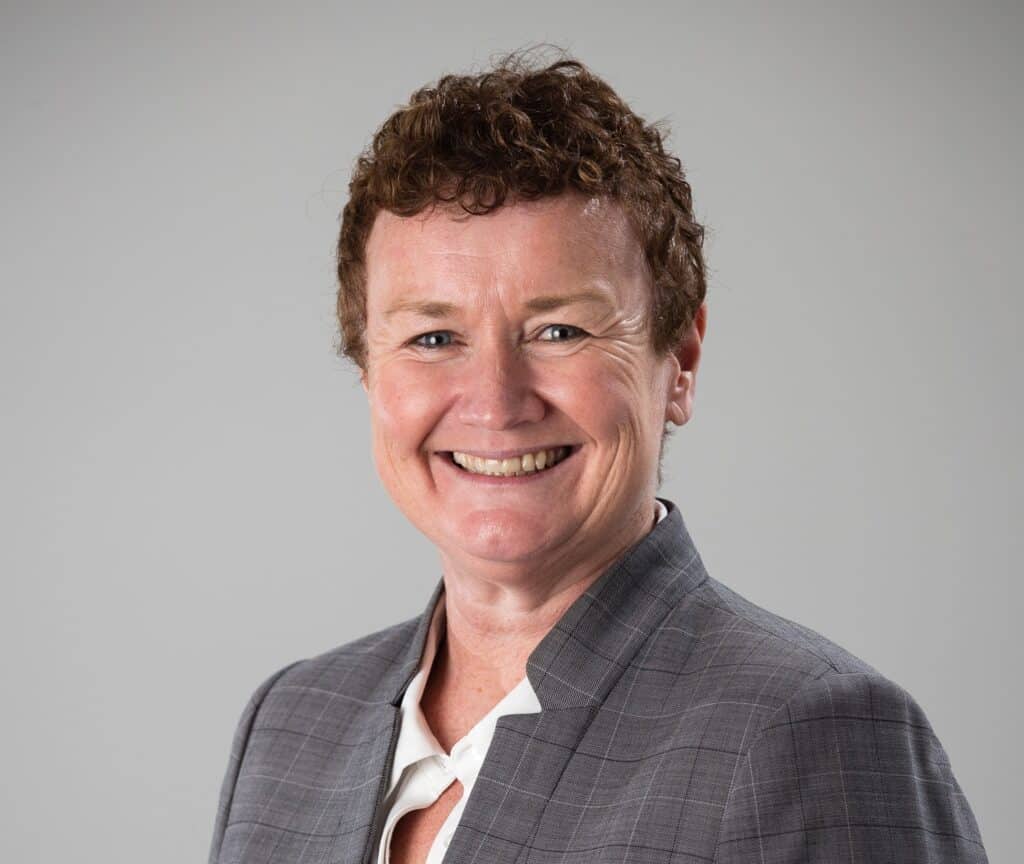
The budget’s $300 energy bill rebate will also benefit those from culturally and linguistically diverse backgrounds, Scarth said.
“We know that people from culturally and linguistically diverse backgrounds are among the most vulnerable in our society and these measures will help them make ends meet,” Scarth said.
“We also welcome the budget’s strategic investments in building a skilled workforce, including towards enhancing the green economy and the care economy, where we know many migrant and care workers are employed.”
ActionAid
On an international scope, ActionAid Australia said the budget fails to respond to the growing instability across the globe.
Executive Director of ActionAid Australia, Michelle Higelin, said foreign aid from Australia remains below the government’s commitment of 0.5 per cent of gross national income (GNI), not to mention Australia’s international obligation of 0.7 per cent of GNI.
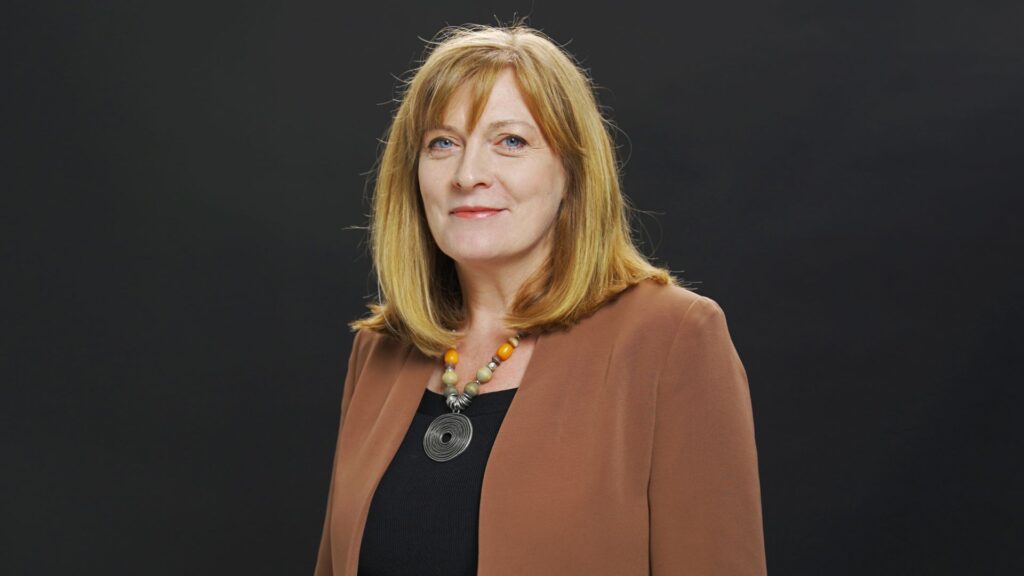
“Australia continues to be one of the least generous aid donors and on the critical issues facing women globally – climate change, conflict and gender inequality – Australia’s aid budget has once again fallen short,” Higelin said.
“From Gaza, to Sudan, to Afghanistan, communities on the frontline of conflict, particularly women and girls, are facing untold human suffering. Increased humanitarian assistance well beyond the small increases in the budget are urgently needed to avert famine and to deliver lifesaving food, water and other relief.
“The Government’s imminent release a new International Gender Equality Strategy should have been matched with scaled up, targeted funding to address the growing threats to women’s rights globally and the disproportionate impact that global crises are having on women and girls worldwide.”
Action on climate change also went under the radar in the budget, Higelin said, with the commitment of $3 billion over 2020-2025 being “well below” Australia’s climate finance fair share.
“Australia provided $619 million in climate finance in 2022-231, only around 15 percent of our $4 billion fair share of the current annual USD 100 billion climate finance goal. The failure to significantly increase Australia’s climate finance contributions in the 2024-25 budget is a missed opportunity for Australia to demonstrate its commitment to progressive climate action,” Higelin said.
“If Australia is serious about supporting women and communities on the frontlines of the climate crisis, as the new International Development Policy suggests, it must put real money on the table for global climate solutions

